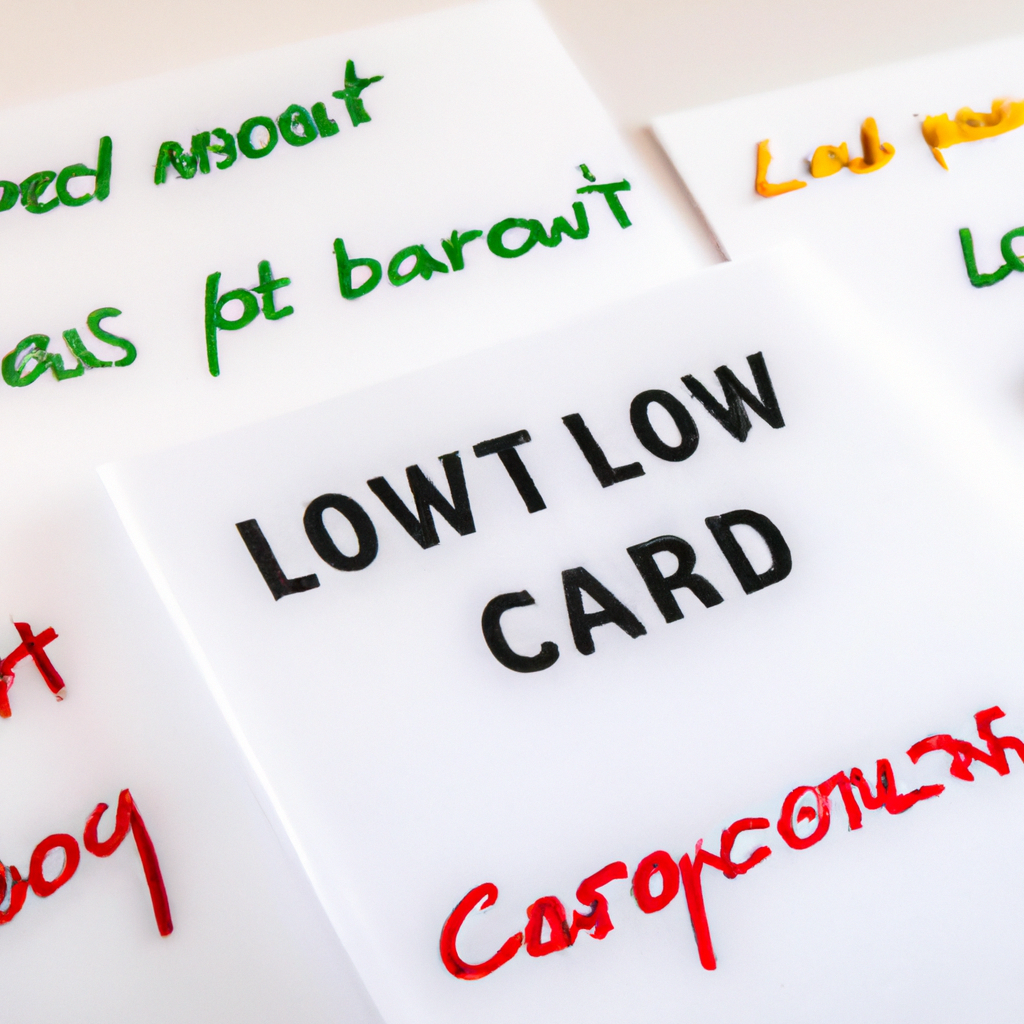We all know the power of food for our body and mind. In recent times, the concept of the low-carb diet has exploded into the dieting sphere with claims of weight loss and improved health. But what really is the low-carb diet and what are the potential benefits and drawbacks? In this article, we explore the pros and cons of this dietary approach to help you decide if it’s right for you.
1. What is a Low-Carb Diet?
A low-carb diet is a diet that limits carbohydrate consumption, typically in the form of sugary and refined foods like bread, pasta, and even some types of fruit. This type of diet has gained popularity over the years for its potential health benefits, particularly when it comes to weight loss. Here are some of the key features of a low-carb diet:
- It generally limits consumption of foods like bread, pasta, sugar, and grains.
- It largely focuses on high-fiber, nutrient-dense foods like vegetables, lean proteins, and healthy fats.
- It may potentially help you lose weight and improve overall health.
The exact amount of carbohydrate intake on a low-carb diet will vary depending on your individual needs and goals. Generally, a lower carbohydrate intake (under 50 grams per day) is recommended for weight loss, while a higher carbohydrate intake (up to 100 grams per day) may be suitable for athletes or those with higher activity levels.
Benefits of Low-Carb Eating
Low-carb eating may offer several health benefits such as:
- Weight loss: Carbohydrates are converted into sugar in the body, which can be stored as fat. By reducing carbohydrate consumption, you may potentially reduce fat storage and promote weight loss.
- Reduced risk of chronic diseases: High levels of sugar in the bloodstream can increase risk for certain chronic diseases like diabetes and heart disease. Reducing carbohydrate consumption can help regulate sugar levels and reduce risk for these diseases.
- Improved digestion: Carbohydrates can be difficult to digest and may cause digestive issues like bloating, gas, and discomfort. Cutting back on carbohydrate-rich foods may help reduce digestive issues.
Overall, a low-carb diet may benefit your health and help you achieve your weight loss goals. However, it’s important to speak to your healthcare provider before making any major changes to your diet.
2. Pros of the Low-Carb Diet
The low-carb diet has become a popular way to lose weight and improve health. With its many benefits, it’s easy to see why so many people are turning to this type of diet. Here are some of the :
- Promotes Weight Loss: The low-carb diet restricts the intake of carbohydrates, which results in fewer calories being consumed. This calorie deficit leads to weight loss as the body uses fat stores to provide energy.
- Balanced Blood Sugar Levels: By avoiding processed carbs, such as refined and added sugars, this diet helps balance blood sugar levels and prevent spikes in insulin. This helps protect against diabetes and other diseases related to insulin sensitivity.
The low-carb diet is also great for those looking to reduce their risk of heart disease. Unlike many dietary plans, the restriction of certain foods can reduce cholesterol levels, improve blood pressure, and reduce inflammation.
- A Variety of Foods: The low-carb diet includes a variety of healthy foods, such as lean meats, fish, eggs, nuts, seeds, and plenty of vegetables. With so many options to choose from, people can still enjoy their favorite dishes.
For those looking to lose weight and gain better health, the low-carb diet is a great choice. With its numerous benefits, it’s easy to see why it has become so popular with people looking to make lasting lifestyle changes.
3. Cons of the Low-Carb Diet
One of the major is that followers may find it boring or restrictive. Since carbohydrates provide a lot of variety in the foods we eat, limiting them deprives us of the flavors and textures we enjoy. Not to mention, it’s hard to eat out or indulge on special occasions when trying to stick to a low-carb menu.
Some people may experience unpleasant side effects as they transition to a lower-carb diet. Symptoms like nausea, headaches, constipation, indigestion, and fatigue can really put a damper on your enthusiasm as you adjust to the new way of eating. This period of time may be especially difficult for those with insulin resistance, as their bodies are already challenged to maintain proper glucose levels.
It may be difficult to get all the necessary nutrients from a low-carb diet. Carbohydrates provide some key vitamins and minerals, and by cutting back on them, you may be missing out on essential B Vitamins, magnesium, and electrolytes. To make up for the loss, adherents to the diet must really focus on eating other nutrient-dense foods, such as leafy greens, lean proteins, healthy fats, and some fruits and nuts.
The low-carb diet can be dangerous for those with certain medical conditions. For example, people with kidney disease may struggle to excrete ketones, which form when it becomes difficult for the body to use glucose as a fuel source. People with a thyroid disorder or insulin resistance should only undertake this diet under the supervision of a doctor.
4. Is a Low-Carb Diet Right for Me?
Low-carb diets are popular for their potential health benefits such as weight loss and improved blood sugar levels. While low-carb diets are helpful for some, they might not be right for everyone. It is important to consider the pros and cons to decide if a low-carb diet is the best choice for your health goals.
Benefits of Low-Carb Eating
- Helpful for managing diabetes and prediabetes, including improved insulin sensitivity
- Can promote weight loss by curbing appetite
- Can improve cardiovascular health when carbohydrates are replaced with a combination of lean proteins and healthy fats
- Limit food choices which can be easier to manage for some dieters
Potential Drawbacks to Low-Carb Eating
- Grocery shopping and meal preparation can be difficult with the limited food choices
- Risk of nutrient deficiencies due to neglecting food groups such as grains and dairy
- Can be difficult to maintain long-term, as it typically requires strict adherence
- Can be difficult to meet fiber intake without whole grain and other carb-containing foods
Overall, a low-carb diet might not be for everyone and it’s important to discuss with your doctor and/or nutritionist to decide if it’s the best approach for your individual health needs. If you decide to go the low-carb route, it’s best to follow a balanced approach and add variety in the foods you choose.
The low-carb diet really is a wonderful diet to consider if you are looking to improve your health and lose weight. But like any diet, it has its pros and cons and it is important to understand both. In the end, what matters most is that you choose the plan that works best for you. Here’s to a healthier you!



